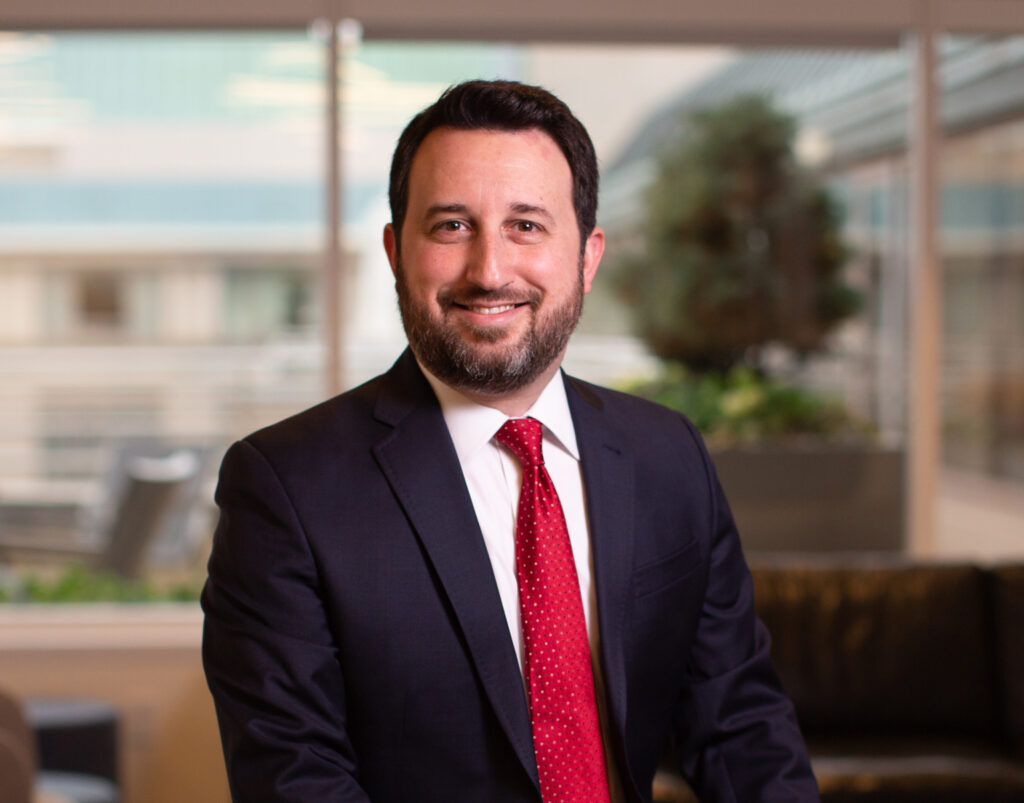
The concept of “social inflation” is back in vogue these days among property/casualty industry underwriters and their service providers in trade journals and other media. The term generally refers to the allegedly increasing costs of insurance claims resulting from various aspects of the US civil justice system, including increased third-party litigation funding, lawyer advertising, injured parties’ perceptions of what they are owed, and corresponding jury awards.
Today, insurers are shirking their duties to defend and indemnify insureds caught up in public nuisance litigation extortion, most notably in the opioid litigation. If insurers were truly concerned about the expansion of judge-made law and corresponding erosion of traditional notions of tort causation, they would honor their promises and stand with their customers to defeat these dangerous claims. Muddled thinking about “social inflation” is no justification for refusing the contractual promise to defend claims that undoubtedly may result in covered, albeit unjust, liability.
Indeed, skeptical observers suspect that the hue and cry over “social inflation” is simply cover for underwriters raising rates and restricting coverage. Available data contradict the notion of an industry supposedly “under siege.” For example, the Insurance Information Institute reports net income after taxes in the property/casualty industry in 2018 and 2019 were at the highest level in a decade.
1. Warren Buffett on “Social Inflation”
Today’s commentators on “social inflation” frequently invoke decades-old quotes from Warren Buffett. In the 1970s – before he was the Oracle of Omaha – Buffett raised “social inflation” as an excuse for poor performance. For example, addressing insurance losses in his 1975 letter to shareholders, he wrote: “‘Social’ inflation caused the liability concept to be expanded continuously, far beyond limits contemplated when rates were established – in effect, adding coverage beyond what was paid for.” Although insurers today quote Buffet as an authority equivalent to the Founding Fathers or the Four Evangelists, Buffet’s 1975 statement is wrong as a matter of both contract law and public policy.
Expansions of liability do not, in Buffett’s words, add liability coverage “beyond what was paid for.” Coverage for uncontemplated liability is precisely what liability insurance buyers paid for. Policyholders should continue to enforce their contractual rights to coverage they’ve paid for, and resist industry attempts to restrict coverage based on purported “social inflation” arguments.
2. Expanding Notions of Justice Are the Norm
This is not to deny that the US justice system has from time to time expanded liability beyond what either insurers or insureds likely contemplated when entering contracts. In 1975, Buffett was presumably speaking about asbestos liability. In 1980, environmental liability was expanded with enactment of the Superfund law. Lead paint, toxic mold, tobacco, Chinese drywall, and firearm litigation followed that. The current opioid and revived sexual misconduct litigations are further examples.
Indeed, today US business faces a sustained effort to turn public nuisance into a catch-all tort cause of action to seek a judicial remedy for every societal ill. These public nuisance shakedowns, nominally in the name of governments and the “public good,” and typically led by private contingent-fee lawyers with deep pockets often funded by litigation speculators, eviscerate (among other things) a core requirement of centuries of tort jurisprudence: proving that the defendant caused the alleged harm. Courts have facilitated these shakedowns by going far beyond resolving cases and controversies, and far outside their expertise, to craft public policy in the form of judicial remedies when managing the risks of beneficial but potentially harmful products more properly, under our form of government, should be a legislative and regulatory function.
3. Businesses Buy Insurance Specifically to Transfer Risk, Both Known and Unknown
The past and present expansions of liability do not, in Buffett’s words, add coverage “beyond what was paid for.” Coverage for uncontemplated liability is the entire point of liability insurance, which is to transfer the risk of liability, with the insurer accepting the risk that resources available from premium and investment return from an entire pool of insureds will be enough to pay claims.
In the typical contract, an insured buys an insurer’s promise to pay “those amounts the insured becomes legally obligated to pay as damages” resulting from a claim. The grant of coverage – “what was paid for” in Buffet’s words – is just that: ALL damages that the insured is liable to pay, subject only to exclusions and policy limits. Of equal or greater importance, policyholders also pay for the insurer’s promise to defend against “any suit” asserting claims that are potentially or arguably covered by this grant, even if the suit is based on groundless, false or fraudulent allegations.
From a public policy perspective, the socially beneficial aspect of risk-spreading through insurance is only realized when the risk is actually spread, and insurers honor their promises and do not abandon their insureds. If insurers collect premium from businesses providing legal, useful and in many cases government-approved and -regulated goods and services, only to turn around and deny coverage when courts impose retroactive liability, then the insurance enterprise is not beneficial, it’s a harmful tax on productive businesses.
Policyholders, with the assistance of experienced coverage counsel, should resist insurer efforts to deny or restrict coverage on the basis of “social inflation.”



